Why are modern teenagers obsessed with cosmetics ?
It is a social phenomenon that raises concerns : teenage girls—and even children—spending hours in front of the mirror applying serums, creams, or face masks. Young girls influenced by social media and marketing, but often unaware of the risks to their skin.
Children under 14 are becoming passionate about cosmetics. 25% of them regularly use products designed for more mature skins (like anti-aging treatments or anti-wrinkle masks) to postpone as much as possible signs of skin ageing. Their favorite products ? Serums —packed with highly concentrated active ingredients and exfoliating gels to cleanse their skin and give it a smooth faultless glow.
According to dermatologists, those are at best, unnecessary ; at worst, they can be harmful to their young skin.
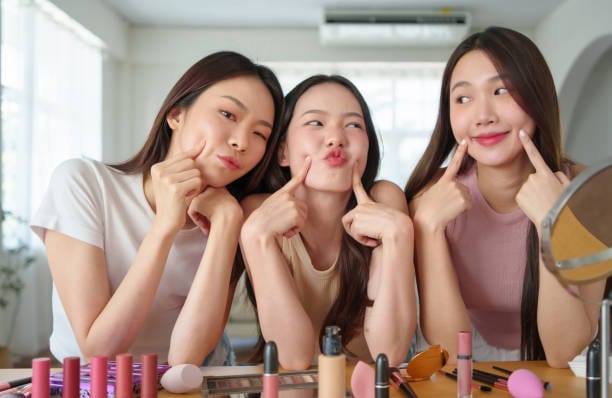
Just a few years ago, a simple bottle of Eau Précieuse was enough. Today’s younger generations prefer sophisticated cosmetics meant for their elders. The growing popularity of beauty routines on social media are encouraging adolescents and pre-teens to use products designed for adult skins.
Even natural, organic, and vegan products are not without risks.
Is it safe for teenagers to use adult cosmetic products ?
According to dermatologists, during adolescence, it is enough to care for your skin with a simple moisturizer, sunscreen in summer, and possibly an acne treatment if needed. At that age, that is sufficient. It is important to remember that some cosmetic products contain substances classified as endocrine disruptors. These can interfere with the child's hormonal system. they are suspected of affecting growth, neurodevelopment, and even fertility. Applying layers of cosmetic products daily from adolescence can create a "cocktail effect" whose long-term consequences are unknown.
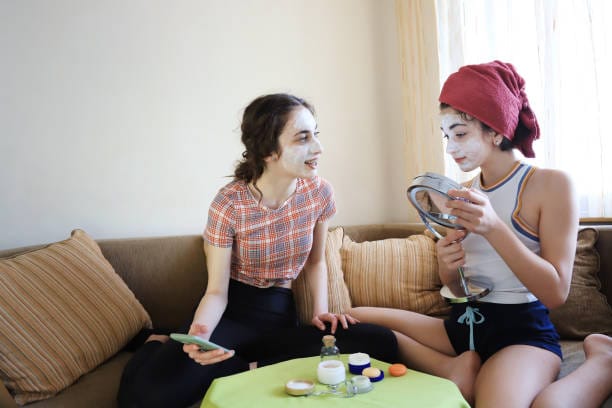
Is the use of make-up a good idea ?
Makeup—however excessive—is a normal phase in the identity development of teenage girls. At this age, they want to mimic the behaviours of their older sisters to assert themselves as more “grown-up.” This phase is often difficult for parents, who often interpret this early puberty as the emergence of sexuality. However, the desire to seduce is not the primary goal behind the overly generous use of XXL mascara brushes. It is about projecting a certain image of themselves, as part of a group of friends going through the same hormonal transformations.

On the other hand, the use of concealers, plumping gels, exfoliating cleansers, or anti-wrinkle serums makes no sense.
What do dermatologists think about these cosmetic products ?
"The regular use of inadapted products on the skin can pose health risks", explains Dr. Bouvresse, a French dermatologist in London:
"Children’s skin is much thinner and more fragile than that of adults. It is more permeable and can therefore absorb chemical substances more easily. Adult cosmetic products aren’t formulated for this level of sensitivity. They can cause irritation, redness, allergic reactions (contact eczema), and even skin infections.
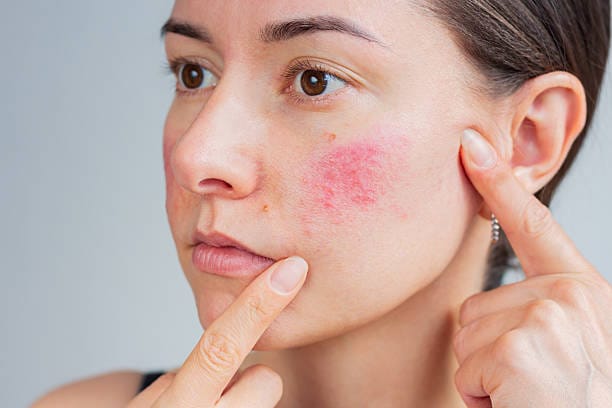
Regular use of make-up, sometimes in thick layers, can lead to problems of 'comedogenicity'—that is, clogged pores that cause blackheads and what is known as 'cosmetic acne.'
Additionally, especially if make-up removal is not done carefully, make-up can worsen skin dryness and make it more sensitive. Excessive exfoliation or cleansing may irritate the skin, as can excessive 'slugging' or 'layering,' which involves applying thick occlusive layers of Vaseline or multiple layers of moisturizers to make the skin more supple.
Beware also of 'sunscreen contouring,' where sunscreen is intentionally not applied to certain areas to enhance tanning—this is dangerous.”
But isn’t taking care of your skin a good habit to develop early on?
“For children under 12, using a gentle soap for cleansing is a good habit. A simple moisturizer can also be used on the face and body in case of dryness or eczema (atopy).
In case of sun exposure, high-SPF sunscreens (between 30 and 50) should be used. Sunscreen should be applied regularly and in sufficient quantity to be effective.
I recommend simple skincare routines with high-quality products (for example, those with CE certification), suited to the specific needs of children’s skin. Do not hesitate to ask a dermatologist for advice.”
What about skincare products containing active substances like retinol, which are very popular among teenage girls today?
“There are two problematic categories of products.
First, potentially harmful ingredients. These can be identified on the ingredient lists on packaging. Some apps (like Yuka) provide information on cosmetics that contain endocrine disruptors, phthalates, certain dangerous preservatives (like parabens, phenoxyethanol), irritants, and allergens such as fragrances, colorants, and toxic heavy metals.
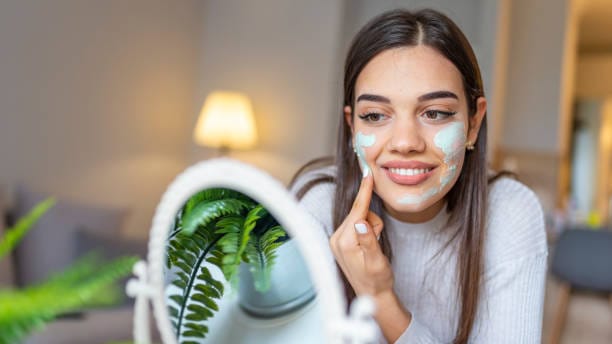
Second, products—or ingredients—that are simply inappropriate. This is a matter of misuse. Anti-aging, anti-imperfection, or exfoliating products containing retinol or acids (AHA, BHA, salicylic acid) should be avoided in children. Their skin regenerates very quickly on its own, but these products are unnecessary and very irritating for them.”
Are there other consequences or side-effects ?
Finally, we must consider the possible psychological impact of this quest for perfection. The early and excessive use of makeup—heavily influenced by social media (the “Sephora kid” phenomenon)—can negatively affect children’s self-esteem and body image.
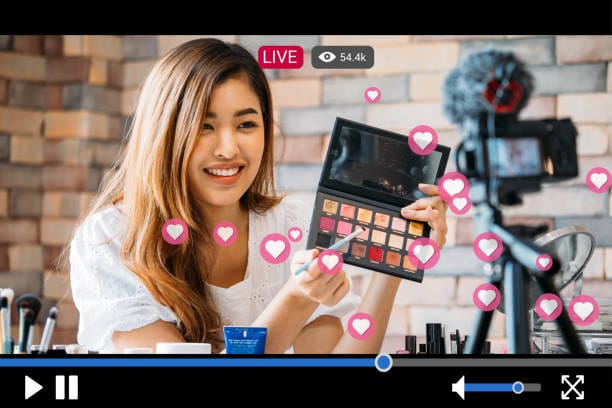
It may foster insecurity, social anxiety, and pressure to conform to unattainable beauty standards.



